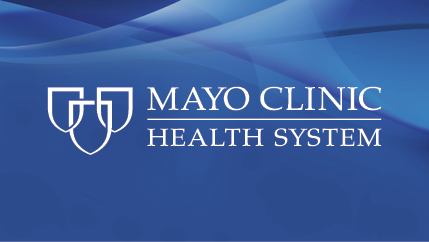What can you do for an overactive bladder?

Overactive bladder, or OAB, is a condition that causes a sudden urge to urinate. It affects both men and women. The urge may be difficult to stop, and overactive bladder may lead to the involuntary loss of urine, known as urge incontinence.
If you have overactive bladder, you may feel embarrassed, isolate yourself or limit your work and social life. The good news is that a brief evaluation can determine whether there's a specific cause for your overactive bladder symptoms.
Is an overactive bladder common?
Overactive bladder affects over 34 million U.S. adults. Urge incontinence is the most prominent form of incontinence among women in the U.S., where 1 in 4 women over 18 experience episodes of leaking urine involuntarily.
What causes an overactive bladder?
Pregnancy, childbirth and menopause all are major reasons for the increased prevalence of incontinence in women compared to men. When your bladder is full of urine, the brain usually signals the bladder to empty. Your bladder muscles contract and force urine out of the bladder. When the bladder is not full, your bladder is relaxed.
With a healthy bladder, the brain signals that the bladder is getting full, but there is time to wait to go to the bathroom. With an overactive bladder, there is no waiting. People often feel a sudden urge to urinate. This also can happen if the bladder is not full.
If the nerve signals between the bladder and brain do not work properly, an overactive bladder can result. Overactive bladder also can occur when your bladder muscles are too active, causing the bladder muscles to contract and pass urine before the bladder is full. This sudden, strong urge to urinate is called urinary urgency.
When is it important to talk to a health care provider?
An overactive bladder can get in the way of your work, social life, exercise and sleep routines. It's important to discuss a variety of treatments with your health care provider, as overactive bladder symptoms can make daily life difficult.
What can you do to reduce your risk of overactive bladder?
These healthy lifestyle choices may reduce your risk of overactive bladder:
- Maintain a healthy weight.
- Drink enough water.
- Get regular, daily physical activity and exercise.
- Limit consumption of caffeine and alcohol.
- Quit smoking.
- Manage chronic conditions, such as diabetes, that might contribute to overactive bladder symptoms.
How do urology providers help you manage your OAB symptoms?
A combination of treatment strategies may be the best approach to relieve overactive bladder symptoms. There are a variety of treatments for managing overactive bladder, and a combination of treatment strategies may be the best approach. Depending on your situation, options may include simple behavioral modifications, physical therapy, oral medications or outpatient procedures.
Scheduling an appointment with your health care team is the first step. Discuss your medical history and current symptoms so they can develop an individualized treatment plan for you.
Robyn Bernett is a physician assistant in Urology in La Crosse, Onalaska, Sparta and Tomah, Wisconsin.



